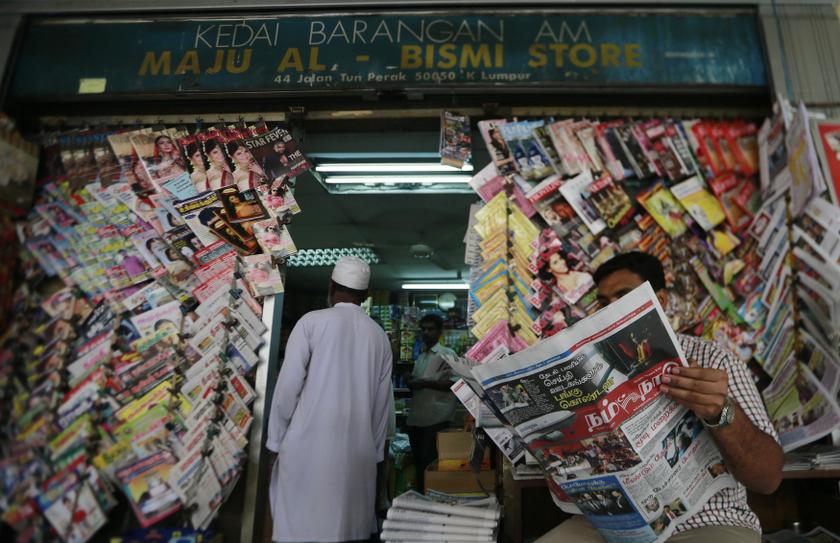KUALA LUMPUR, Jan 18 — The Centre for Independent Journalism (CIJ) reaffirmed its stance that the Printing Presses and Publications Act (PPPA) 1984 must be abolished even with the formation of the Malaysian Media Council (MMC).
This follows after the appointment of 17 members of the pro-tem committee last Thursday, which will be in charge of discussing the direction and structure for the establishment of the MMC.
In a statement today, CIJ said while it welcomes the appointments and look forward to working with the pro-tem committee, it called for the abolishment of PPPA to ensure MMC will be effective.
“CIJ would like to reiterate that for the Malaysian Media Council to be successful, the Printing Presses and Publications Act (PPPA) 1984 must be abolished before or when the Media Council is set up.
“Previous efforts to set up a media council started decades ago and mainly did not succeed because the government would not abolish the PPPA.
“To have both PPPA and the Media Council exist simultaneously would defeat the purpose of having a self-regulatory body to regulate media standards.
“It would be difficult for the public and the media industry to take the Media Council seriously if the Ministry of Home Affairs still had the power to send show-cause letters to the media, summon editors and threaten to revoke licenses,” said CIJ.
CIJ pointed out that the abolishment of PPPA would ensure that MMC and industry players are able to independently regulate themselves without government control over the media.
“The Media Council is meant to improve media standards and ethics as well as contribute to the credibility of news media organisations by upholding international standards and in providing an avenue for the arbitration of public complaints.
“It is most useful in doing so when it is a voluntary exercise by the media industry, not mandated by the government.
“The PPPA, on the other hand, is about giving the government control over the media. We have seen it wielded over the years to ensure that the media toes the government line and does not threaten it politically.
“This has not necessarily raised ethical standards amongst the media as there have been many cases of unethical media practices that do not invite government sanction, as long as they were in line with the government’s political objectives,” said CIJ.



















